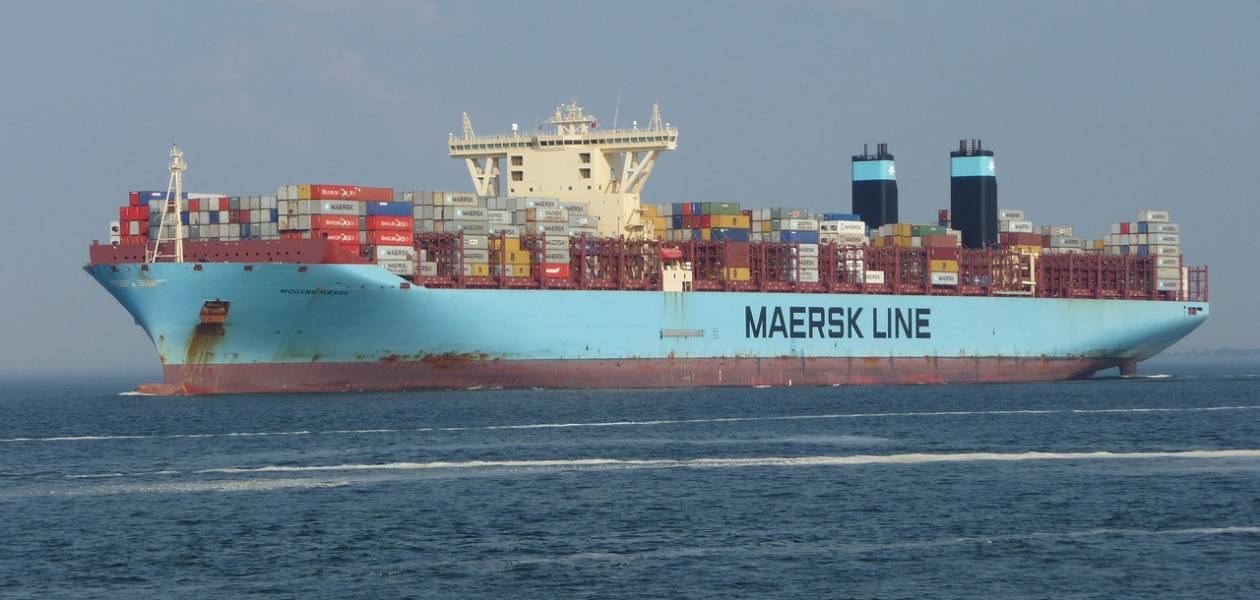
The melting of sea ice in the Arctic is a matter of concern for many countries because of its consequences on the environment and the global climate. However, this climate peril could well provide significant economic benefits to Russia and its President Vladimir Putin.
The melting of Arctic sea ice will open up new shipping lanes and facilitate access to the region's rich natural resources, such as hydrocarbons and minerals. Russia has a large territorial expanse in the Arctic. The melting of the ice is therefore synonymous with considerable and highly strategic economic exploitation prospects for these deposits. This would allow Russia to increase its production and export these resources to the world market, thereby boosting the country's economy and giving it the opportunity to generate new income.
Russia has many sea routes in this region of the world:
- The Northern Sea Route (NMR): The NMR is the most used sea route in the Russian Arctic. It runs along the northern coast of Russia, connecting the Atlantic Ocean with the Pacific Ocean. The NMR has become increasingly accessible due to the melting of the summer sea ice, which facilitates commercial navigation and reduces transport distances between Europe and Asia. This route provides a significant shortcut between Europe and Asia, reducing transit times and associated costs. Russia, by controlling most of this route, has the opportunity to develop port and logistics infrastructure along this route, which would promote trade and investment in the region. It would also allow Russia to strengthen its geostrategic position and increase its influence in international affairs.
- The Northeast Passage (NEP): The NEP is another important sea route located in the Russian Arctic. It uses the coastal waters north of Siberia and connects the Atlantic Ocean to the Pacific Ocean. The PNE also offers a shorter alternative for shipping between Europe and Asia, making it an attractive and strategic potential trade route for the Russian president.
- The Kara Sea Route: The Kara Sea, located between the Yamal Peninsula and the Taimyr Peninsula, is also an important Arctic sea route controlled by Russia. This route connects the Barents Sea to the Laptev Sea and is an essential part of the NMR.
These Russian Arctic sea lanes offer opportunities to shorten traditional shipping routes and facilitate maritime transport between Europe and Asia. However, it is important to note that navigation in these waters requires specific expertise, due to weather conditions and the presence of ice. The melting of the pack ice thereby making navigation easier and safer, so we understand why Vladimir Putin watches the disappearance of the ice with a rather serene eye.
Russia is one of the world's largest energy producers, and melting Arctic sea ice offers even greater expansion opportunities for Russia's energy sector. The hydrocarbon reserves of the Arctic region are estimated at billions of barrels of oil equivalent, and their exploitation will become more accessible with the reduction of the ice. This would allow Russia to increase its energy production and strengthen its position as a major supplier on the world market. Moreover, the export of this energy to other countries would contribute to the improvement of the Russian trade balance.
Russia is already engaged in the exploitation of many large-scale hydrocarbon deposits in the Arctic region. Here are some notable examples:
- Prirazlomnaya platform: The Prirazlomnaya offshore oil platform, located in the Pechora Sea, is the first offshore oil exploitation project in the Russian Arctic. It started production in 2013 and is operated by Gazprom Neft. The platform extracts oil from the Prirazlomnoye area, which is estimated to contain around 70 million tonnes of oil.
- Gazprom and Novatek: Gazprom, Russia's largest gas company, and Novatek, an independent gas production company, have developed several gas projects in the Arctic. For example, the Yamal LNG liquefied natural gas (LNG) project, located on the Yamal Peninsula, began production in December 2017. The Arctic LNG 2 project, located on the Gydan Peninsula, is also under development.
- Shtokman's Project: Although this project has yet to be realized, it deserves mention due to its potential significance. The Shtokman field, located in the Barents Sea, is one of the largest undeveloped gas fields in the world. Gazprom, Total and Equinor (formerly Statoil) have formed a consortium to develop this project, but due to technical difficulties and changes in the gas market, its commissioning has been postponed.
Russia is actively pursuing the development of its energy resources in the region. However, it should be noted that these projects also raise environmental and sustainability concerns, and appropriate measures should be taken to minimize negative impacts on the fragile Arctic ecosystem.
The melting ice strengthens Russia's sovereignty over the Arctic territories. The United Nations Convention on the Law of the Sea (UNCLOS) grants coastal countries sovereign rights over the natural resources located in their exclusive economic zone (EEZ). The melting sea ice allows Russia to expand its EEZ, which strengthens its control over the regions rich in natural resources of the Arctic. This gives Russia a geopolitical advantage in terms of energy and economic security, thus strengthening Putin's position on the international scene, particularly if the conflict between him and Ukraine were to last.
Posted on 2023-06-13 15:29








Comments